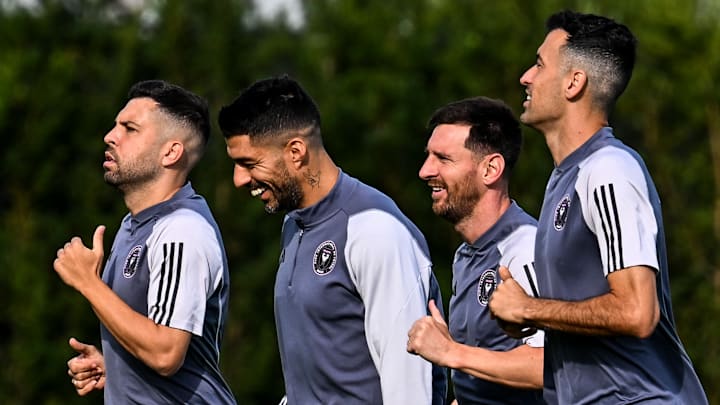In addition to the battles on the field, clubs often encounter financial challenges that can shape their destiny both on and off the pitch. Inter Miami currently finds itself at a crossroads where off-field decisions may have a significant impact on its sporting ambitions. With just four days left to adjust its payroll and a player list to be submitted, the club faces a complex dilemma that demands not only tactical skills but also financial cunning.
It has been revealed that Inter Miami needs to align its payroll with league regulations. This means the club must either release players or find ways to adjust their salaries to comply with the established guidelines. The urgency of this adjustment is emphasized by the impending deadline for the submission of the player roster eligible for league competition, set for the 20th. This race against time adds an additional layer of pressure on the shoulders of the club's management and coaching staff.
Follow MLS Multiplex on X (Twitter).
One of the question marks looming over Inter Miami is the potential transfer of Gregore to Botafogo. While rumors suggest this move, until it is officially confirmed by both parties, it remains an uncertainty that cannot be factored into the club's decision-making process. This uncertainty may further complicate the scenario for Inter Miami, as Gregore's departure or stay could have a significant impact on both financial resources and the team's tactical composition.
Furthermore, the club's urgent need to reduce salaries or add General Allocation Money (GAM) reflects a common reality in many sports clubs, where balancing finances has become a vital part of sports management. Inter Miami is not alone in this challenge, but how it faces this situation may shape its immediate and long-term future in the MLS.

Among the players potentially available for release are familiar names such as Jean Mota, DeAndre Yedlin, Robert Taylor, and Sergii Kryvtsov. The decision to release these players is not just a matter of finances but also involves strategic considerations about the team's composition and the balance between experience and youth, talent, and squad depth.
It is important to note that the challenge faced by Inter Miami is not unique. Many clubs around the world grapple with similar dilemmas, having to balance sporting aspirations with financial constraints. However, it is how these challenges are tackled that defines the true leaders in the world of soccer.
As Inter Miami faces this crucial period in its MLS journey, it is vital that all stakeholders, from the club's management to passionate fans, understand the gravity of the situation and support the decisions made. While the club strives to find the right balance between sporting success and financial stability, it is imperative that each step is taken with care and consideration.
Ultimately, the future of Inter Miami in the MLS will be determined not only by the quality of its players on the field but also by the skill of its management in navigating the financial challenges that arise along the way.
